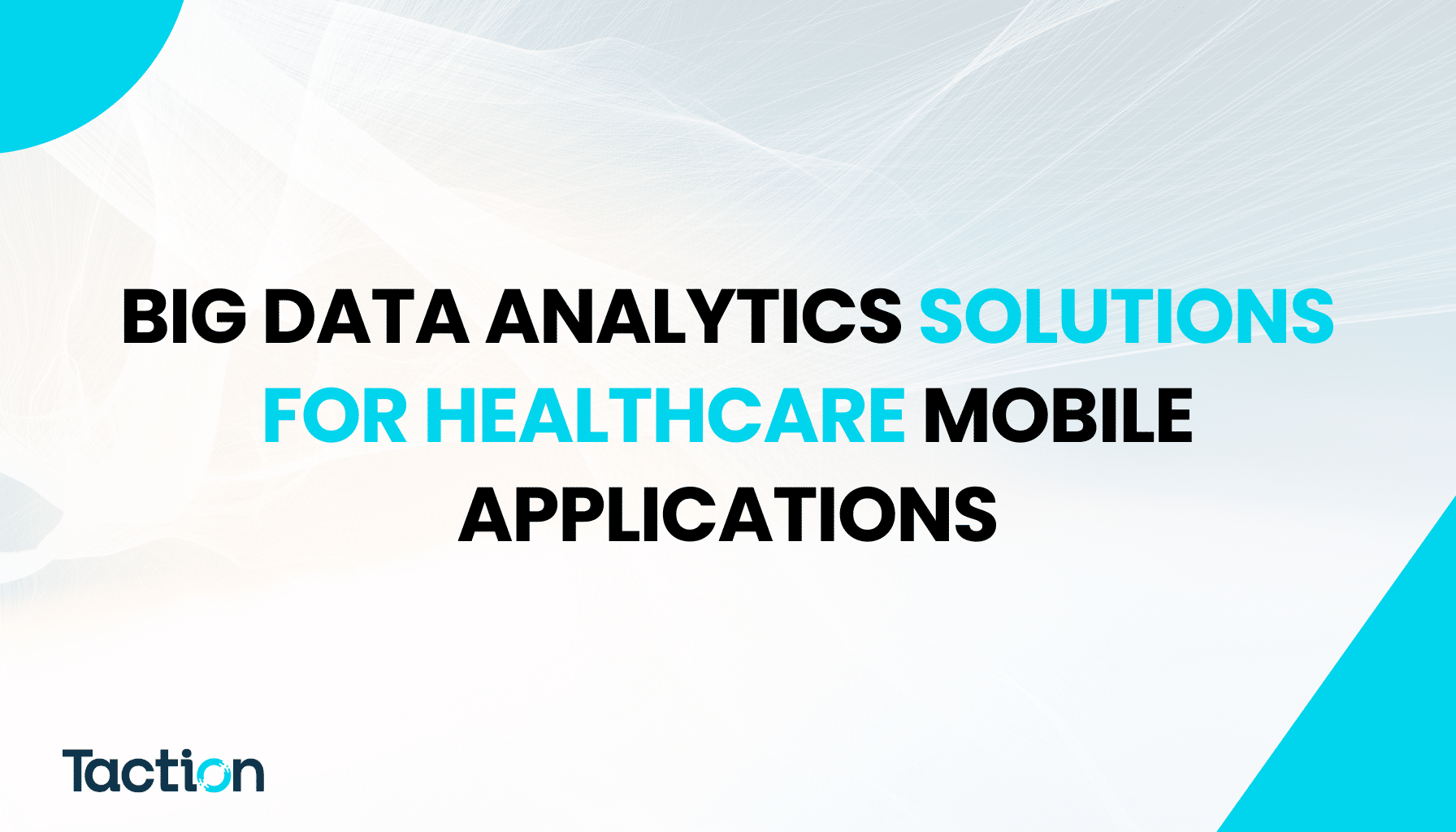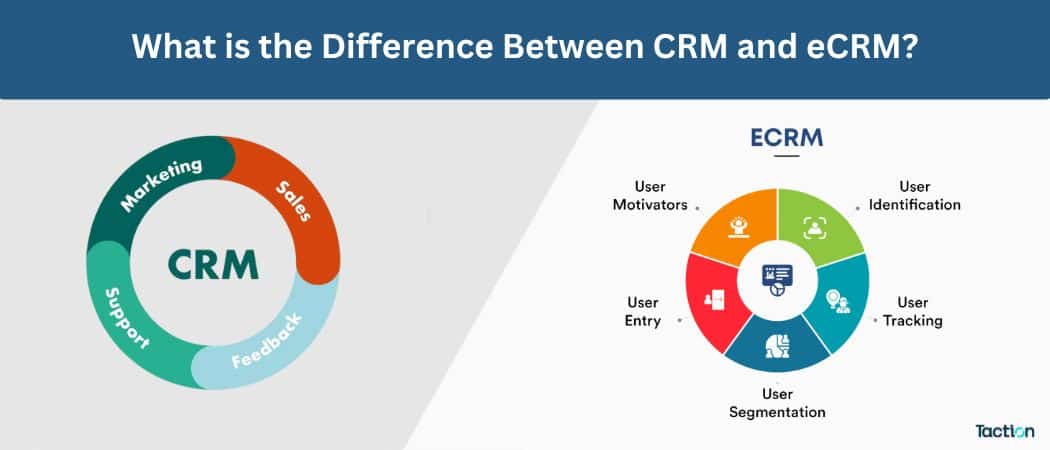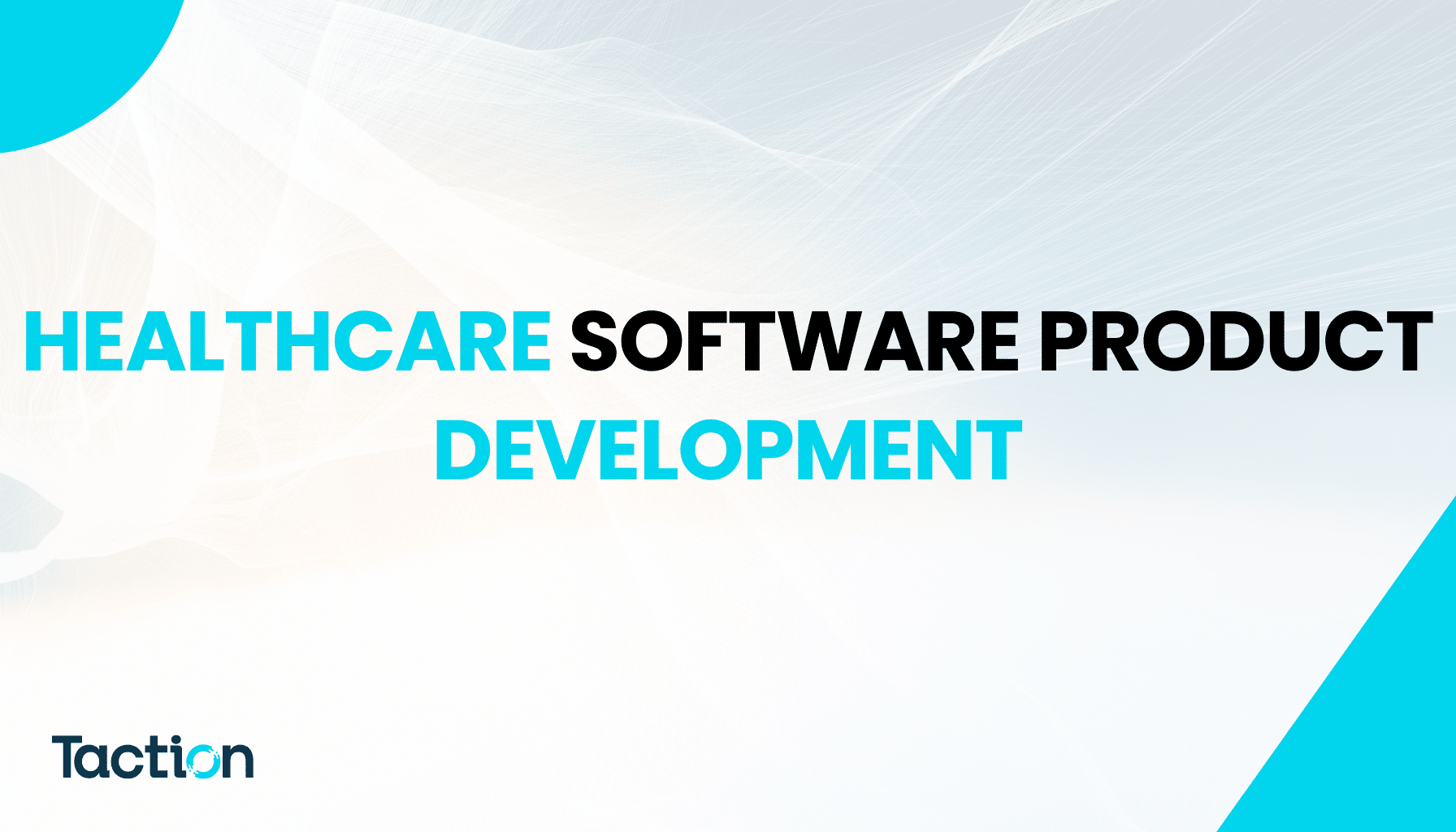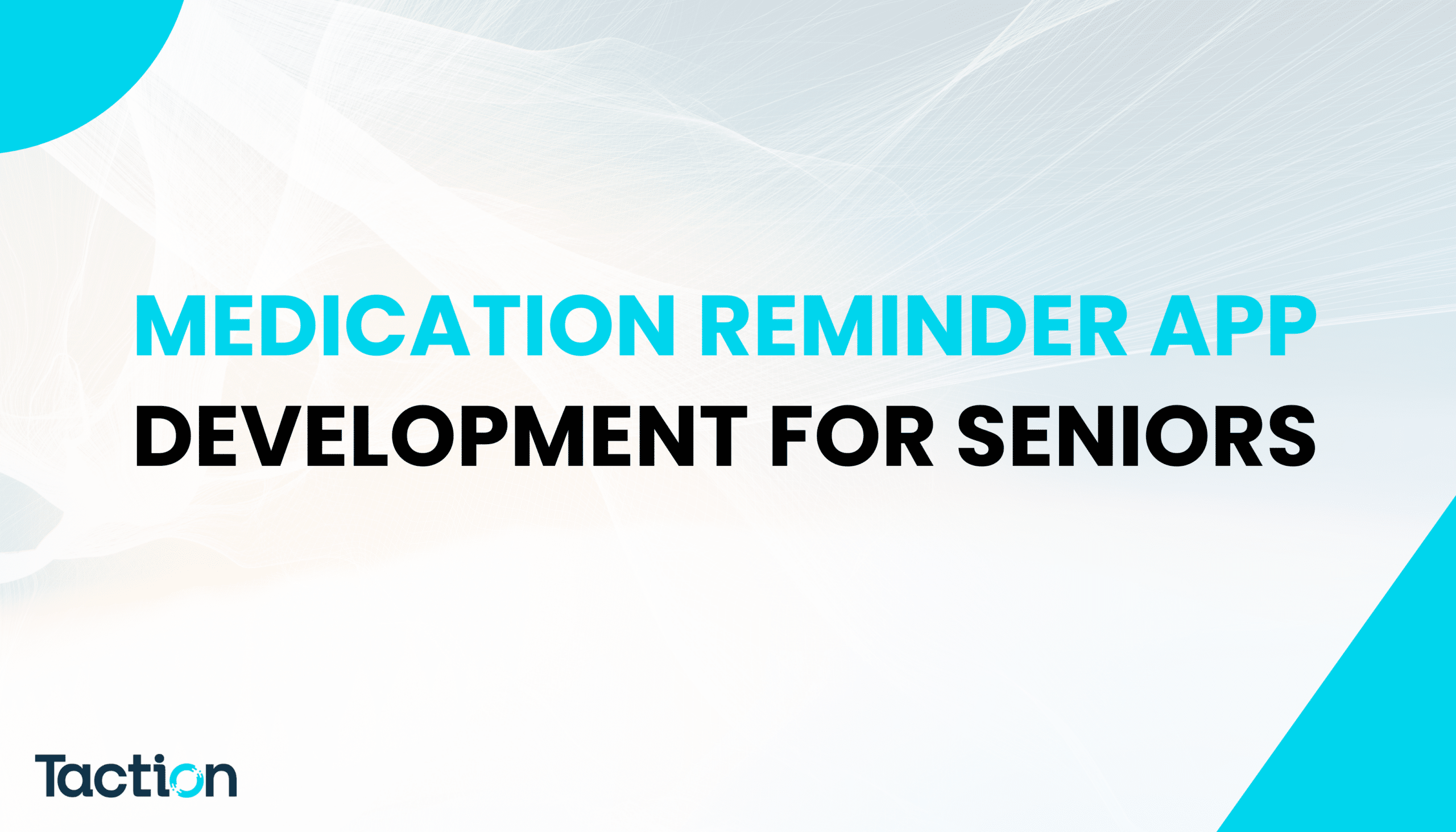What Is Big Data Analytics in Mobile Healthcare—and Why Does It Matter Today?
Big data analytics in mobile healthcare refers to the use of advanced data processing tools and algorithms to analyze massive volumes of health-related information generated through mobile devices, wearables, apps, and connected medical systems. It goes beyond basic data collection—transforming real-time inputs into actionable insights that drive better decision-making, personalized care, and operational efficiency.
With the rapid rise of mobile health (mHealth) applications, healthcare providers now have direct access to patient data outside clinical settings—heart rates from smartwatches, glucose levels from monitoring devices, or behavioral data from health tracking apps. When combined with big data analytics, this mobile-driven information becomes a powerful engine for predictive care, early diagnosis, and remote treatment.
The shift toward mobile-first healthcare is redefining how data is used. Instead of siloed records, providers are empowered with continuous, contextual, and dynamic patient data. That’s why big data in mobile healthcare isn’t just a trend—it’s a vital pillar in modernizing care delivery, improving outcomes, and meeting the demands of digitally savvy patients.
💰 Curious about the cost of your healthcare app? Use our free App Cost Calculator to get an instant estimate!
5 Powerful Benefits of Big Data Analytics in Healthcare Mobile Applications
The integration of healthcare big data solutions into mobile apps is transforming how care is delivered, decisions are made, and outcomes are measured. Here are five key benefits that make mobile health analytics an essential tool in today’s healthcare landscape:
- Real-Time Decision-Making
With real-time data streaming from mobile apps and wearable devices, clinicians can monitor patient vitals, detect anomalies instantly, and respond faster to critical events. This immediate insight helps reduce emergency situations and improves patient safety. - Personalized Care Delivery
Big data analytics enables healthcare apps to learn from individual patient behaviors, medical histories, and treatment responses. This allows for hyper-personalized treatment plans, medication reminders, and lifestyle recommendations that align with each patient’s unique health journey. - Significant Cost Reduction
By predicting high-risk patients and avoiding unnecessary hospital visits or readmissions, big data analytics can dramatically lower healthcare costs. Mobile apps help detect issues early, reducing the need for expensive interventions. - Operational Efficiency for Providers
Healthcare systems benefit from optimized scheduling, better resource allocation, and reduced administrative burden. Big data-driven mobile apps streamline workflows and help staff focus on what matters most—quality patient care. - Improved Patient Engagement
Interactive mobile apps powered by analytics promote better adherence, empower self-care, and keep patients actively involved in their health journey. The result is stronger outcomes and lasting provider-patient relationships.
Also Read: The Ultimate Business Guide to Healthcare Application Development in 2024
How AI and Predictive Analytics Transform Healthcare Mobile Apps
The combination of AI in healthcare mobile apps and predictive analytics is revolutionizing how care is delivered—making it smarter, faster, and more proactive. These technologies turn raw patient data into real-time insights that guide clinical decisions, automate workflows, and forecast future health trends.
Predictive analytics in healthcare uses historical and real-time data to identify patterns that signal potential health risks—before they escalate. For instance, a mobile app can analyze a patient’s heart rate, activity levels, and sleep patterns to detect early signs of a cardiac event and alert both patient and provider instantly. This kind of foresight allows for timely intervention and significantly improves outcomes.
AI further enhances mobile apps by automating complex tasks such as symptom assessment, triage, and medication tracking. Through machine learning algorithms, apps can deliver personalized treatment recommendations, remind patients about medications, and even assist with mental health monitoring—all tailored to each user’s needs.
For healthcare providers, AI-powered apps reduce the burden of manual data entry, support diagnostic accuracy, and help prioritize patient care based on urgency. On the patient side, these intelligent tools offer 24/7 guidance, creating a seamless and informed care experience.
By integrating AI and predictive analytics, healthcare mobile apps are no longer just tools—they’re intelligent companions in a patient’s wellness journey.
Also Read: Artificial Intelligence in Healthcare Mobile App Development
Real-Time Healthcare Analytics with IoT and Mobile Devices
In today’s connected world, real-time healthcare analytics powered by IoT and mobile devices is changing how medical decisions are made—on the spot. This ecosystem combines wearables, mobile health apps, and cloud infrastructure to deliver continuous data streams that enable timely, life-saving insights.
Healthcare IoT analytics leverages data from smart sensors—like heart monitors, glucose meters, and fitness trackers—transmitted through mobile devices to centralized cloud platforms. These platforms aggregate, process, and analyze health metrics in real time, allowing providers to track patient health even outside traditional care settings.
One of the most impactful use cases is Remote Patient Monitoring (RPM). With RPM-enabled mobile apps, doctors can monitor patients with chronic conditions such as diabetes, hypertension, or COPD and receive instant alerts if vitals deviate from safe ranges. This proactive approach reduces hospital readmissions and emergency room visits.
For patients, wearable-integrated mobile apps offer personalized dashboards, automated alerts, and peace of mind knowing their care team is always connected. For providers, real-time analytics enable quick triage decisions, automated flagging of high-risk cases, and better population health management.
By integrating IoT, mobile platforms, and advanced analytics, healthcare is becoming more responsive, efficient, and truly patient-centered—one data point at a time.
Also Read: Healthcare CRM App Development for Patient Management
Mobile-Based Health Informatics: Empowering Clinicians and Patients
Mobile-based health informatics is reshaping how healthcare data is accessed, shared, and used—giving clinicians faster decision-making tools and empowering patients to take charge of their health. With the rise of smartphones and connected apps, medical information is no longer trapped in hospital systems—it’s available at the fingertips of both providers and patients.
Clinicians now rely on mobile platforms to access clinical decision support systems (CDSS) that deliver instant, data-driven recommendations at the point of care. These systems analyze patient histories, current symptoms, lab results, and even population data to assist with diagnoses, suggest treatment plans, and flag potential risks like drug interactions or allergies.
For patients, health informatics tools in mobile apps provide access to their health records, lab results, and medication schedules—fostering transparency and informed decision-making. With the ability to track symptoms, log vitals, and communicate with care teams, patients are no longer passive participants—they become active collaborators in their care journey.
This dual empowerment—clinicians supported by data, and patients engaged through technology—is creating a healthcare environment that is faster, safer, and more collaborative. Mobile-based health informatics isn’t just a convenience; it’s a catalyst for smarter, more personalized care at every touchpoint.
Use Cases: How Big Data Solves Real Challenges in Mobile Healthcare
From chronic disease management to virtual care, big data analytics is solving some of the most pressing challenges in mobile healthcare. Through real-time insights and intelligent automation, healthcare apps are making care more accessible, efficient, and patient-centered.
- Chronic Care Management
Mobile apps integrated with patient engagement analytics help track long-term conditions like diabetes or hypertension. By analyzing trends in blood sugar levels, medication usage, or activity data, apps can offer timely recommendations and notify care teams when intervention is needed—helping to prevent complications and hospitalizations. - Emergency Alerts & Rapid Response
With wearable data and mobile sensors, apps can monitor heart rate, oxygen levels, and other vitals continuously. If any values fall outside safe ranges, the system can trigger automated emergency alerts to caregivers or clinicians. This rapid-response capability is saving lives, especially for elderly or high-risk patients. - Medication Adherence & Remote Monitoring
Big data-powered telemedicine analytics tools track when patients take their medications, how consistently they log symptoms, and how well they’re responding to treatment. Providers can then tailor interventions and follow-up strategies for better outcomes—without needing in-person visits.
These use cases highlight the power of mobile analytics to close gaps in care, support providers remotely, and engage patients in ways that traditional systems simply can’t.
Data Privacy and HIPAA-Compliant Analytics for Mobile Health Apps
When it comes to healthcare, data is only as valuable as it is secure. As mobile apps become central to patient care, ensuring HIPAA-compliant healthcare analytics is no longer optional—it’s essential.
HIPAA (Health Insurance Portability and Accountability Act) sets strict guidelines on how patient data—also known as Protected Health Information (PHI)—should be collected, stored, transmitted, and analyzed. Any healthcare mobile app that processes PHI must implement robust safeguards to protect it from breaches, unauthorized access, or misuse.
This includes end-to-end encryption, secure APIs, user authentication, access controls, and audit logging. On the analytics side, data must be anonymized or de-identified when used for research or insights, especially if it’s not directly tied to patient care.
Scalability adds another layer of complexity. As your app grows and processes more data from IoT devices, wearables, and EHR systems, it’s critical to ensure compliance scales too—without compromising performance or innovation.
The right analytics framework balances security with usability—making it possible to gain life-saving insights while keeping patient trust intact. After all, privacy is not just a regulation—it’s a foundation for ethical, effective digital healthcare.
How to Choose the Right Development Partner for Healthcare Data Analytics Apps
Choosing the right partner for healthcare mobile app development can make or break your analytics solution. With sensitive patient data, strict compliance standards, and complex integrations at play, your development team needs more than just coding skills—they need deep healthcare domain expertise.
Start by looking for a partner with proven experience in building healthcare analytics software. Have they worked on HIPAA-compliant systems? Do they understand the intricacies of EHR integration, FHIR standards, and data security protocols?
Next, evaluate their technology stack. A strong partner should be well-versed in cloud platforms, real-time data pipelines, AI/ML models, and mobile frameworks like React Native or Flutter. These technologies are essential for scalable, efficient analytics.
Domain knowledge is critical. Your partner should understand clinical workflows, regulatory nuances, and user expectations from both patient and provider perspectives. Equally important is their readiness to build for compliance—HIPAA, GDPR, and beyond.
A truly valuable partner won’t just develop your app—they’ll guide you through product strategy, usability, and future scaling. When chosen wisely, your development partner becomes an innovation ally, helping you turn complex healthcare data into actionable, secure, and patient-driven insights.
Make your mobile app smarter with AI-driven healthcare analytics.
Why Leading Providers Trust Our Healthcare Data Analytics Services
With over 20 years of experience in healthcare software development, we’ve earned the trust of providers, payers, and digital health innovators across the industry. Our tailored healthcare data analytics services are designed to solve real-world challenges—improving care delivery, optimizing operations, and enabling predictive, patient-centric outcomes.
What sets us apart? It starts with domain expertise. Our team understands the critical intersection of healthcare, compliance, and technology. From HIPAA-compliant infrastructure to FHIR-enabled systems, we build solutions that are secure, scalable, and future-ready.
Our portfolio includes enterprise-level mobile applications, remote patient monitoring platforms, and intelligent dashboards that power clinical decision-making in real time. We don’t just develop apps—we build ecosystems that integrate seamlessly with EHRs, IoT devices, and cloud analytics engines.
Clients choose us not just for what we do, but for how we do it—with strategic thinking, transparent communication, and long-term support. Whether you’re launching a new digital health initiative or scaling an existing product, we bring the tools, talent, and track record to help you succeed with confidence.
The Future of Mobile Health Analytics: What’s Next?
As digital health continues to evolve, the future of mobile health analytics lies in making data smarter, faster, and more secure. Emerging technologies like healthcare predictive modeling, edge AI, and federated learning are poised to redefine how we understand and act on patient data.
Predictive modeling is becoming more precise, thanks to richer datasets and AI algorithms capable of anticipating health risks with remarkable accuracy. These models will soon offer personalized preventive care plans delivered straight to mobile apps—guiding users before symptoms appear.
Edge AI allows mobile devices and wearables to process data locally, reducing latency and enabling real-time decisions—without waiting on cloud servers. This means faster response times in critical situations like stroke detection or medication alerts.
Meanwhile, federated learning is reshaping data privacy. Instead of sharing sensitive patient information, devices can now train models collaboratively without exposing raw data—meeting HIPAA and GDPR compliance while improving machine learning outcomes.
The next wave of innovation will make mobile health apps not just tools, but intelligent, privacy-conscious partners in proactive healthcare. As these technologies mature, healthcare providers and patients alike will benefit from faster insights, smarter care, and a safer data ecosystem.
Ready to Build HIPAA-Compliant Big Data Healthcare Apps? Let’s Talk.
Whether you’re launching a new mobile health product or scaling an existing platform, we’re here to help you turn complex data into meaningful outcomes. Our team specializes in building secure, intelligent, and HIPAA-compliant healthcare apps that leverage the power of big data, predictive analytics, and real-time insights.
With 20+ years of proven experience in healthcare software development, we understand the nuances of clinical workflows, compliance mandates, and user expectations.
Let’s collaborate on a solution that delivers precision, performance, and peace of mind.
📩 Schedule a free consultation today—and discover how we can bring your healthcare analytics vision to life.
FAQs
Big data analytics in healthcare mobile apps collects and processes vast amounts of health data from users—like vitals, activity, and EHR inputs—using AI and machine learning. This data is then analyzed in real time to identify trends, predict risks, and support clinical decisions. The result is faster diagnostics, more accurate treatment plans, and personalized care delivered right through the user’s smartphone or wearable device.
Mobile healthcare analytics offers real-time monitoring, personalized treatment recommendations, reduced hospital readmissions, and improved patient engagement. It helps providers make faster decisions and allows patients to better manage their health through actionable insights. Additionally, it enhances operational efficiency and reduces the cost of care by predicting health risks and automating routine workflows.
Yes, AI significantly enhances healthcare apps by enabling smarter diagnostics, automated symptom checkers, personalized health recommendations, and 24/7 patient support. It helps providers deliver more accurate and timely care while empowering patients with real-time insights, reminders, and virtual health assistants—creating a more intelligent and efficient healthcare experience.
Predictive modeling uses historical and real-time patient data to forecast future health outcomes. In mobile healthcare apps, it’s used to identify high-risk patients, anticipate complications, and recommend preventive actions. This enables proactive care—helping providers intervene early and improve patient outcomes with data-backed decisions.
They can be—if designed properly. HIPAA-compliant mobile health analytics tools implement strict data protection measures like encryption, access control, audit trails, and de-identification. These safeguards ensure that patient health data remains secure, private, and compliant with U.S. healthcare regulations throughout collection, storage, and analysis.
IoT devices—like wearables and smart monitors—collect continuous health data, which is sent to mobile apps and cloud systems for real-time analysis. This data supports immediate decision-making, automated alerts, and remote patient monitoring. IoT-driven insights are crucial for managing chronic conditions and responding to emergencies quickly.
Clinical decision support systems (CDSS) in mobile apps provide real-time, evidence-based recommendations to healthcare professionals. They analyze patient data to guide diagnosis, treatment options, and care protocols. CDSS helps reduce errors, improve outcomes, and ensures clinicians have the right information when they need it most.
Big data helps address key healthcare challenges like delayed diagnoses, hospital readmissions, medication non-adherence, and resource misallocation. By analyzing patterns and trends, it enables early intervention, personalized treatments, and operational efficiency—ultimately leading to better patient outcomes and lower costs.
Look for a company with deep healthcare domain expertise, a strong tech stack, proven HIPAA compliance, and a track record of successful analytics implementations. Ensure they understand clinical workflows and can scale your solution securely. Transparency, communication, and long-term support are also key factors in choosing the right partner.
Emerging trends include edge AI for real-time decisions on devices, federated learning for secure data training, smart diagnostics, and predictive health modeling. The future of mobile analytics will prioritize privacy, personalization, and speed—turning mobile devices into proactive tools for care delivery and health management.





